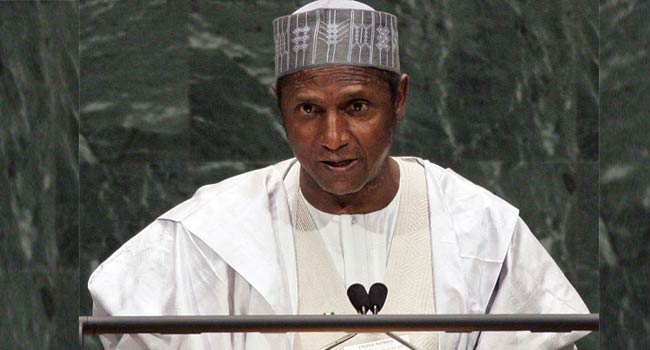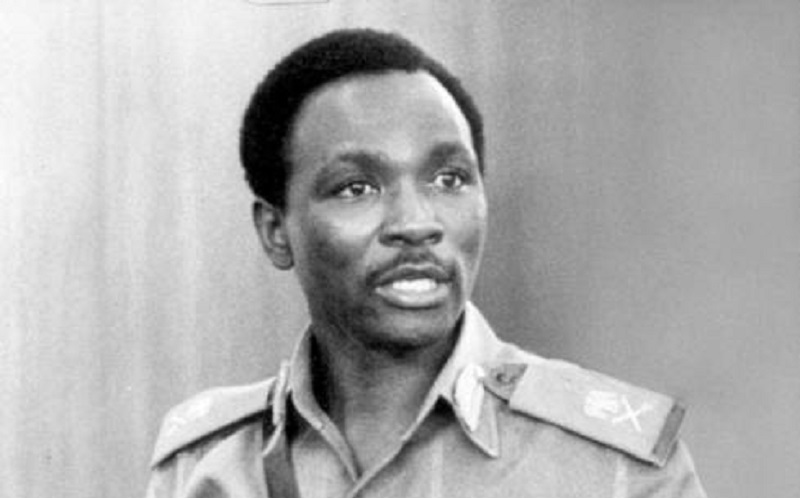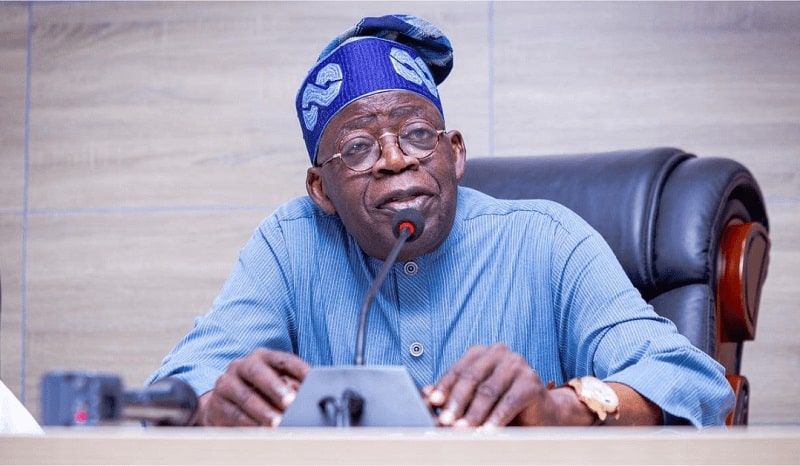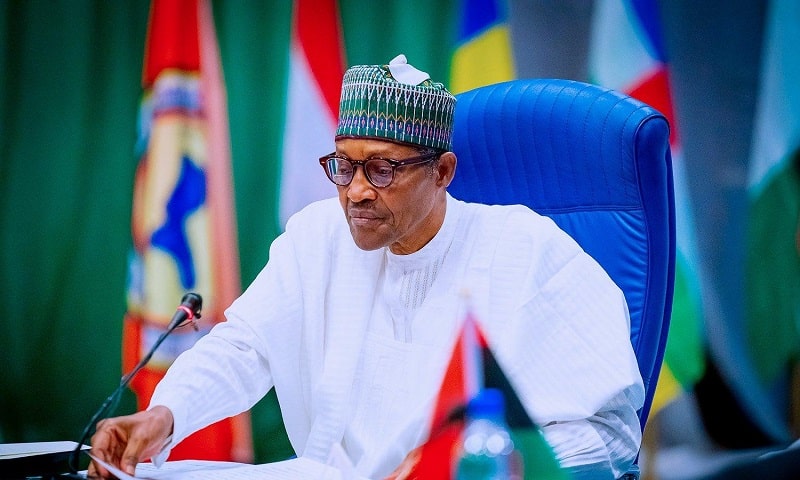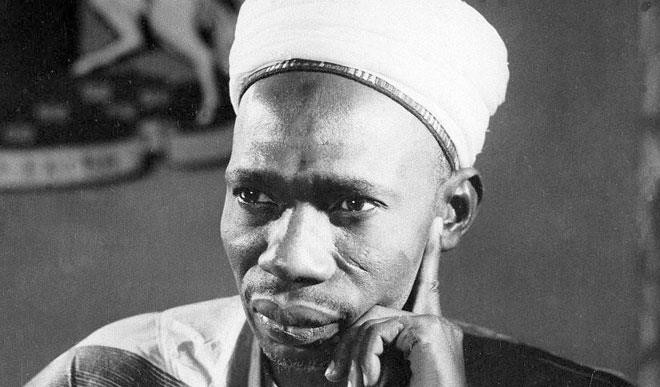
Abubakar Tafawa Balewa was the first Prime Minister of Nigeria and served from 1960 to 1963. He was a prominent Nigerian statesman who was a major player in Nigeria’s struggle for independence and was widely respected both in Nigeria and abroad for his leadership, statesmanship, and vision for a united, prosperous, and democratic Nigeria.
| List | President’s Information |
|---|---|
| Name | Abubakar Tafawa Balewa |
| Date of Birth | December 1912 |
| Age | 53 years at the time of death |
| Died | January 15, 1966 (Assassinated) |
| Ancestral Home | Bauchi, Bauchi State, Nigeria |
| Native Language | Hausa |
| School Attended | Bauchi Provincial School, Katsina Training College, London University |
| Career & Occupation | Teacher, Politician |
| Military Rank | None |
| Height | N/A |
| Known As | N/A |
| Citizenship | Nigerian |
| Residence | Bauchi, Nigeria |
| Religion | Islam |
| Wife’s Name | Jummai Balewa |
| Children’s Name | Yakubu, Aminu, and others |
| Assumed Presidential Office | October 1, 1963 |
| Left Presidential Office | January 15, 1966 (3 years in office) |
| Political Party | Northern People’s Congress (NPC) |
Abubakar Tafawa’s Early Life and Career
Abubakar Tafawa Balewa was born on December 1, 1912, in Tafawa Balewa, a small town in modern-day Bauchi State, Nigeria. He was the son of a district head and attended a local Quranic school before enrolling at the Katsina Teacher Training College in northern Nigeria. After completing his studies, he worked briefly as a teacher before entering politics.
In 1946, Balewa joined the Northern People’s Congress (NPC), a political party that advocated for the interests of northern Nigeria. He quickly rose through the ranks of the party and became its leader in 1952. During this time, he worked closely with other prominent Nigerian nationalists, including Nnamdi Azikiwe and Obafemi Awolowo, to push for Nigeria’s independence from British colonial rule.
Abubakar Tafawa’s Political Career and Achievements
Balewa’s return to Nigeria marked the beginning of his impactful political career. His commitment to public service and his charismatic leadership qualities soon caught the attention of prominent political figures. He joined the Northern People’s Congress (NPC) and was elected to the Northern House of Assembly in 1947. His political rise was meteoric, and he was appointed as Nigeria’s first Minister of Works and Transport in 1952.
As the struggle for Nigerian independence gained momentum, Balewa emerged as a key negotiator and voice for unity among the diverse ethnic and regional groups. His diplomatic skills were instrumental in fostering cooperation and trust among various stakeholders. His tireless efforts culminated in Nigeria’s attainment of independence from British colonial rule on October 1, 1960.
One of his most significant achievements was the establishment of a federal system of government that granted significant autonomy to Nigeria’s regions while maintaining a strong central government. He also worked to promote education, healthcare, and infrastructure development and initiated several programs to eradicate poverty and promote economic growth.
Prime Minister
With independence achieved, Balewa became Nigeria’s first Prime Minister, a role he assumed with a sense of duty and dedication. His administration focused on nation-building, economic development, and diplomacy. Despite challenges such as regional tensions and economic disparities, Balewa’s leadership style emphasized dialogue and compromise, showcasing his commitment to maintaining unity within the country.
Overthrow and Assassination
Tragically, Abubakar Tafawa Balewa’s legacy was cut short by a coup d’état on January 15, 1966. This coup marked a turning point in Nigeria’s history which led to a series of events that would shape the nation’s trajectory for years to come. Balewa was among those who lost their lives during the coup.
Abubakar Tafawa’s Legacy
His legacy extended beyond Nigeria’s borders. He was a major player in the formation of the Organization of African Unity (OAU), which aimed to promote solidarity and cooperation among African nations. His emphasis on diplomacy and peaceful resolution of conflicts underscored his belief in Africa’s potential for growth and progress.
Abubakar Tafawa Balewa’s legacy continues to resonate in Nigeria and beyond. His commitment to unity, diplomacy, and peaceful coexistence remains a source of inspiration. His contributions to Nigeria’s struggle for independence and his dedication to public service are celebrated as part of the country’s rich history.
Additional Facts
- Abubakar Tafawa Balewa was the first Prime Minister of Nigeria, serving from 1957 until his assassination in 1966.
- He was educated at the Barewa College and later attended the University of London’s Institute of Education.
- He was a strong advocate for Pan-Africanism and played a significant role in the establishment of the Organisation of African Unity (OAU) in 1963.
- He was knighted by Queen Elizabeth II in 1960, receiving the title of Knight Commander of the Order of the British Empire (KBE).
- Balewa was assassinated during the military coup of January 1966.
- His father, Yakubu Dan Zala, was of Gere ethnicity and a district head in Lere, a town in Bauchi State, Nigeria. His mother was Fatima Inna.
- Balewa was married to four wives, a practice common in his cultural and religious background.
- He had multiple children, with notable ones including his son, Yakubu Abubakar Tafawa Balewa, who also engaged in politics.
Abubakar Tafawa Balewa FAQs
Related: President Nnamdi Azikiwe (Former President – (1963-1966)
